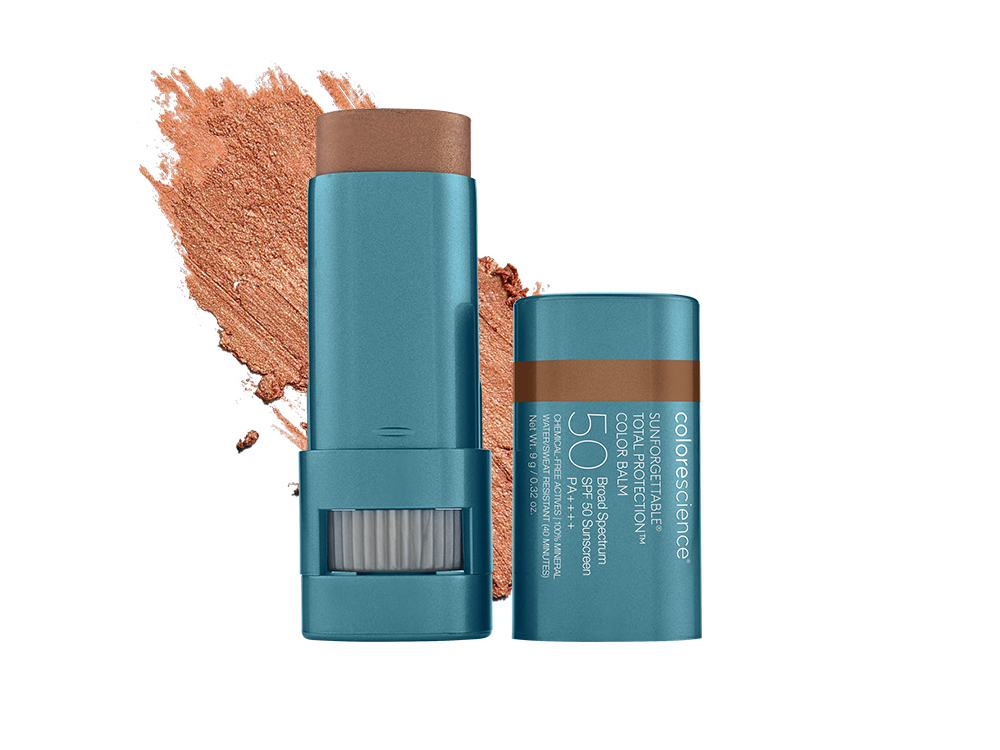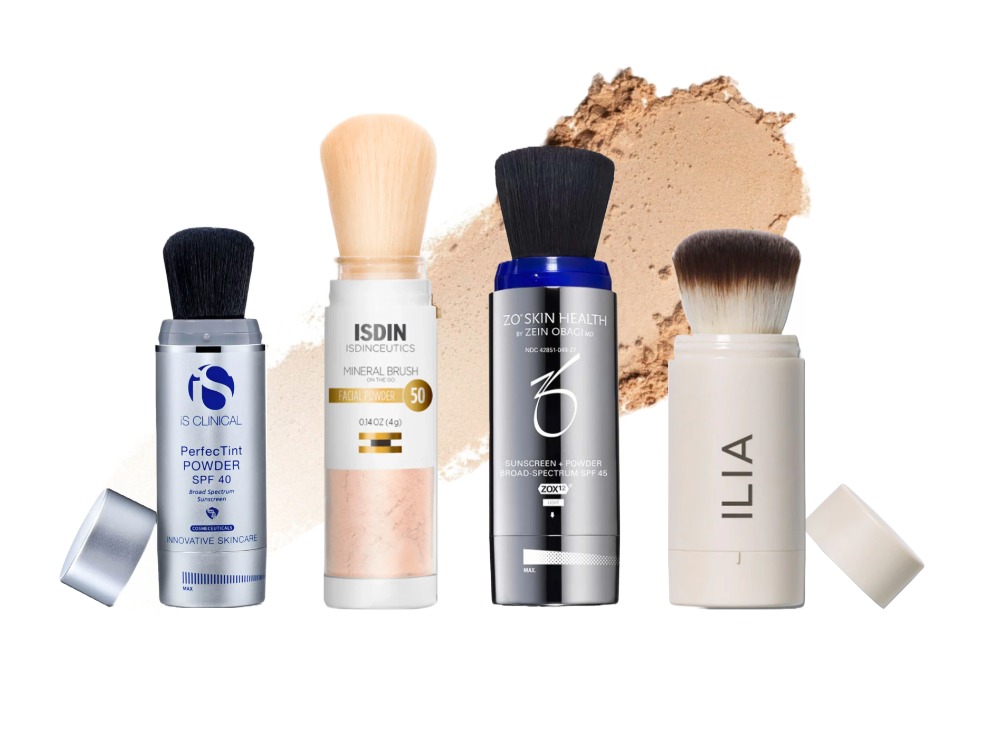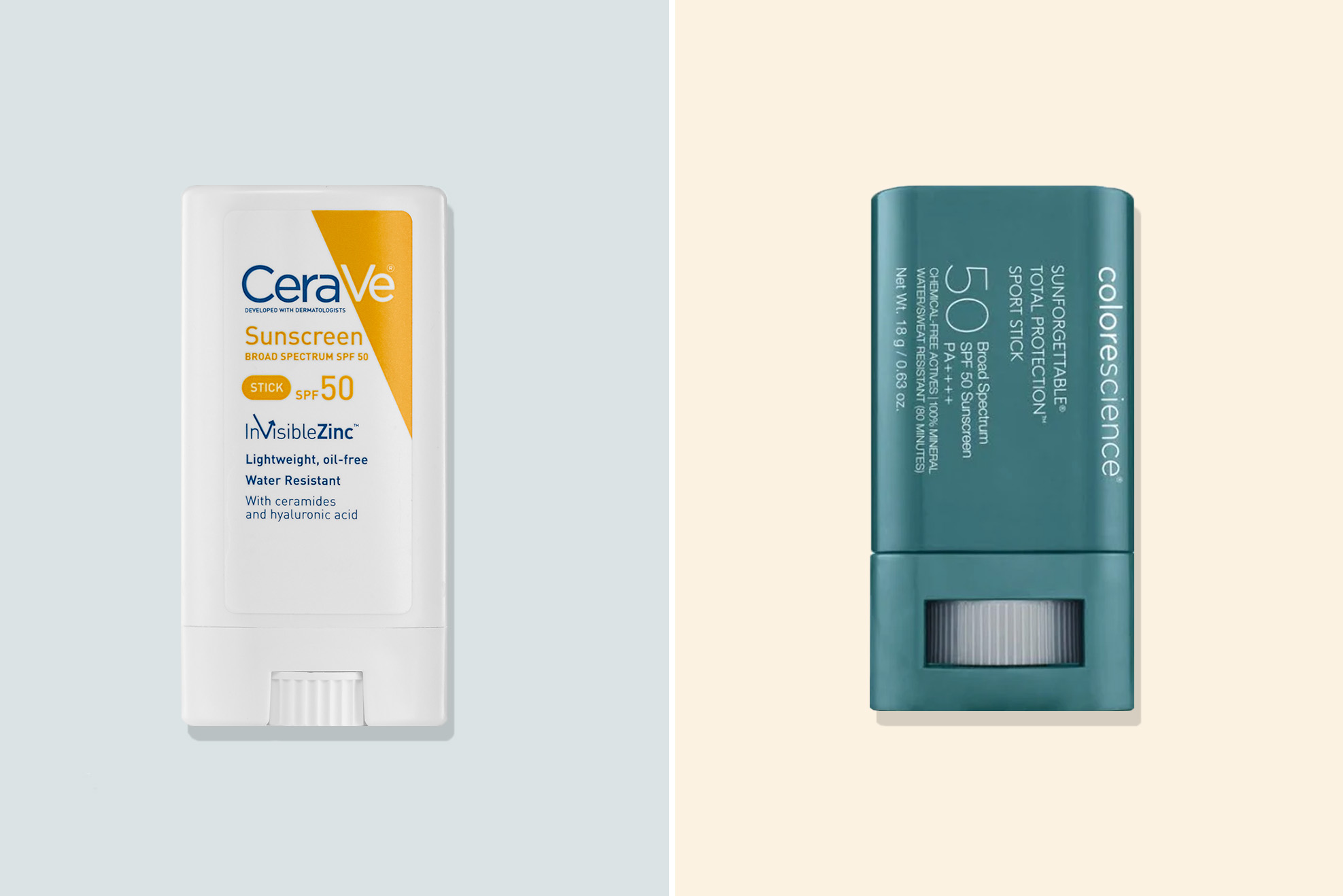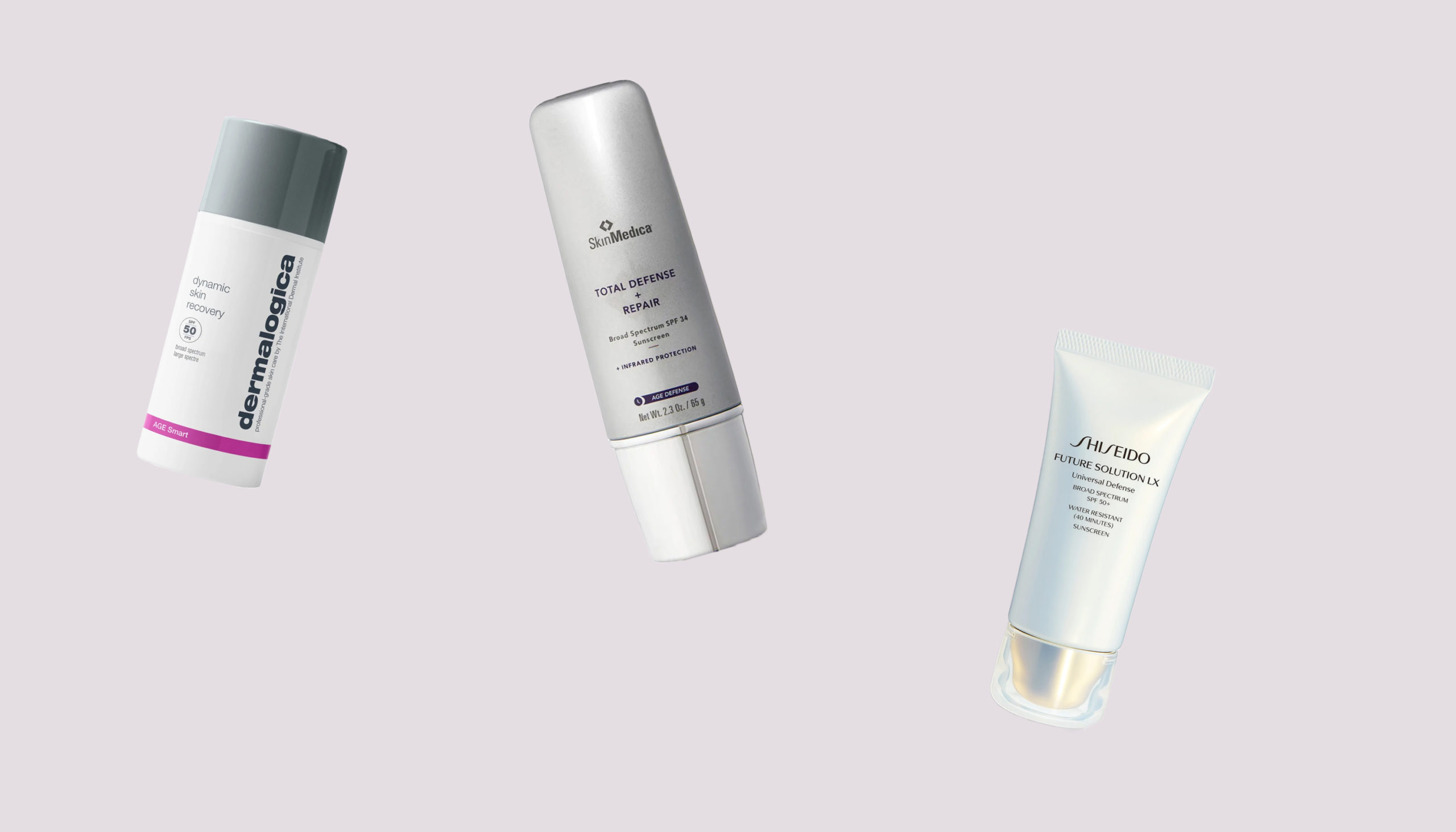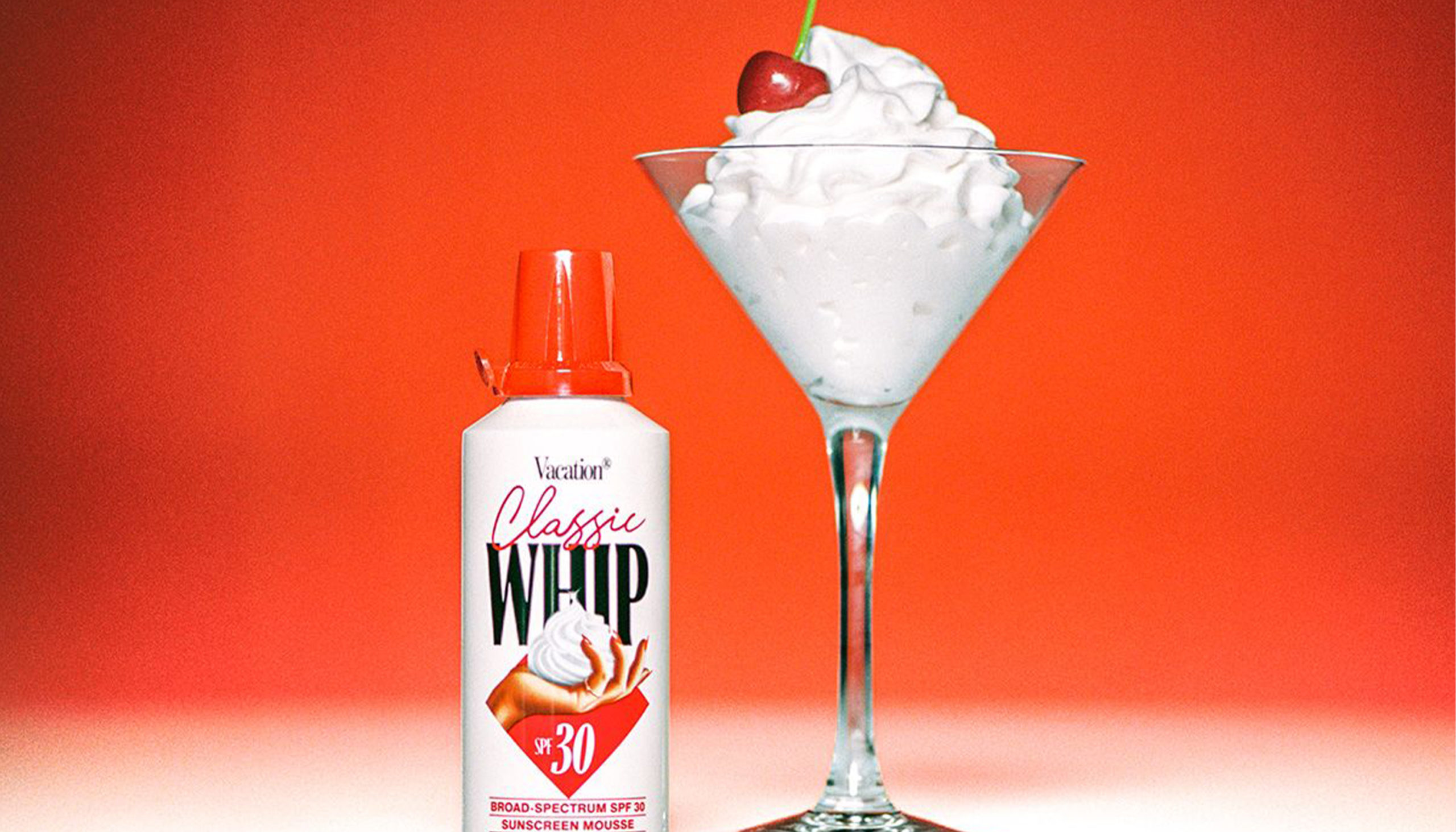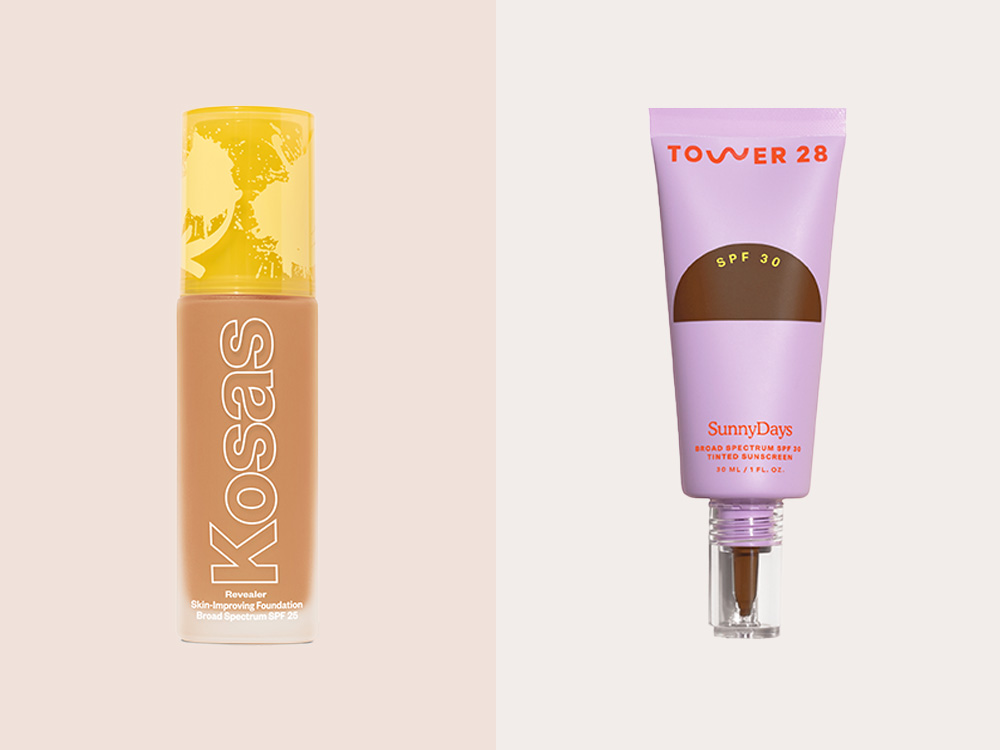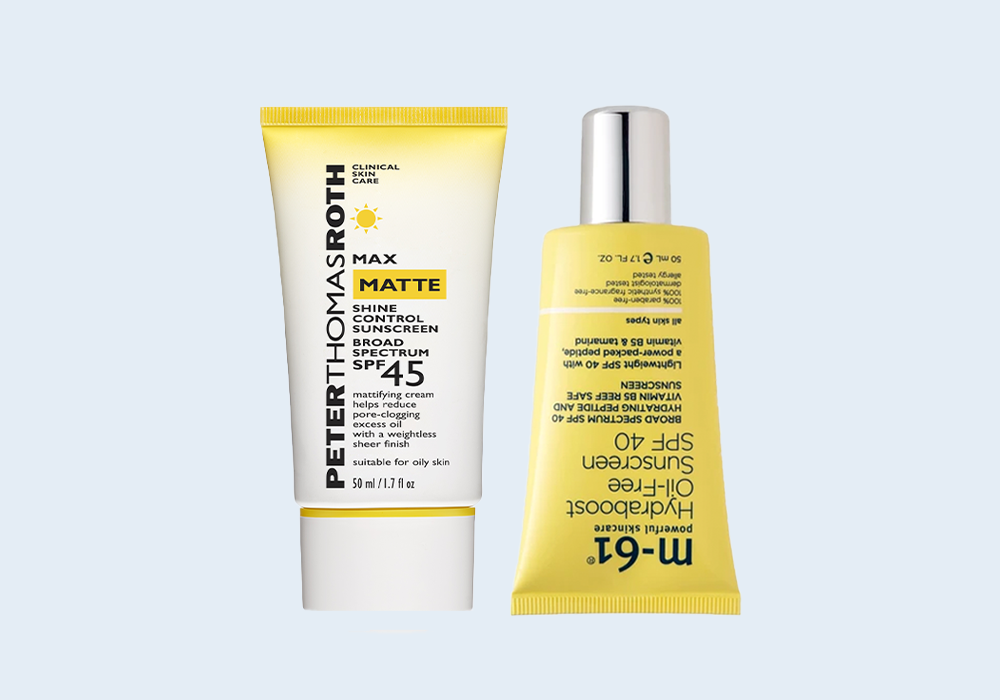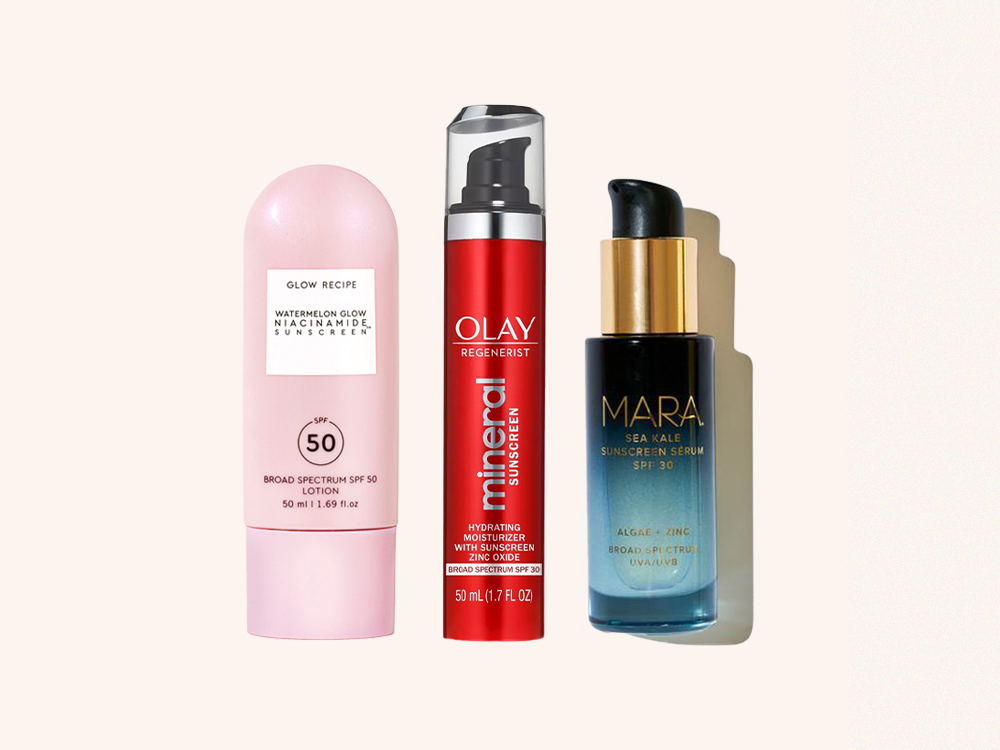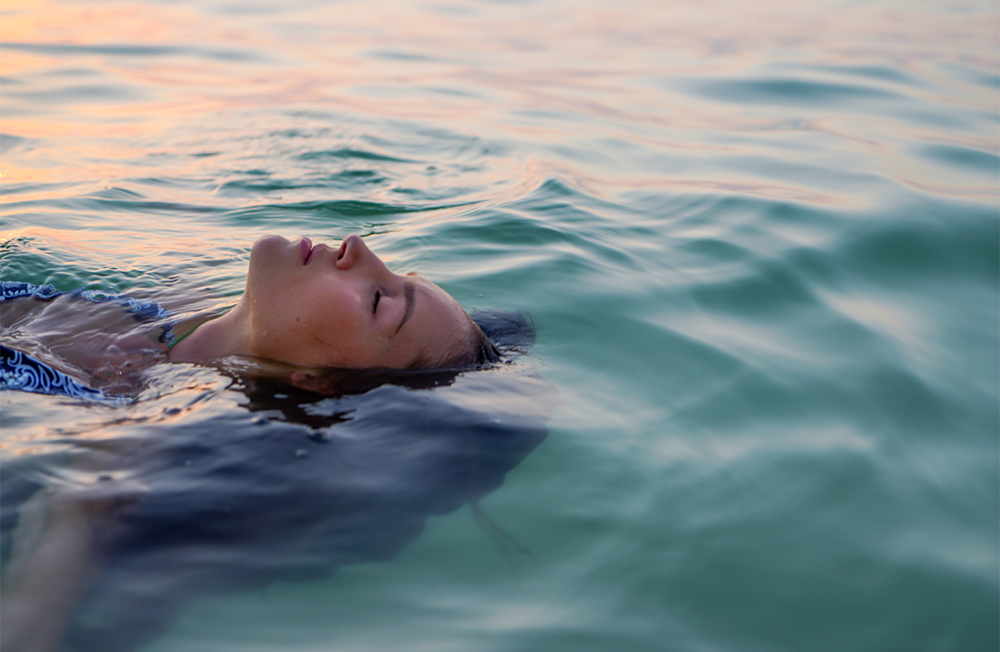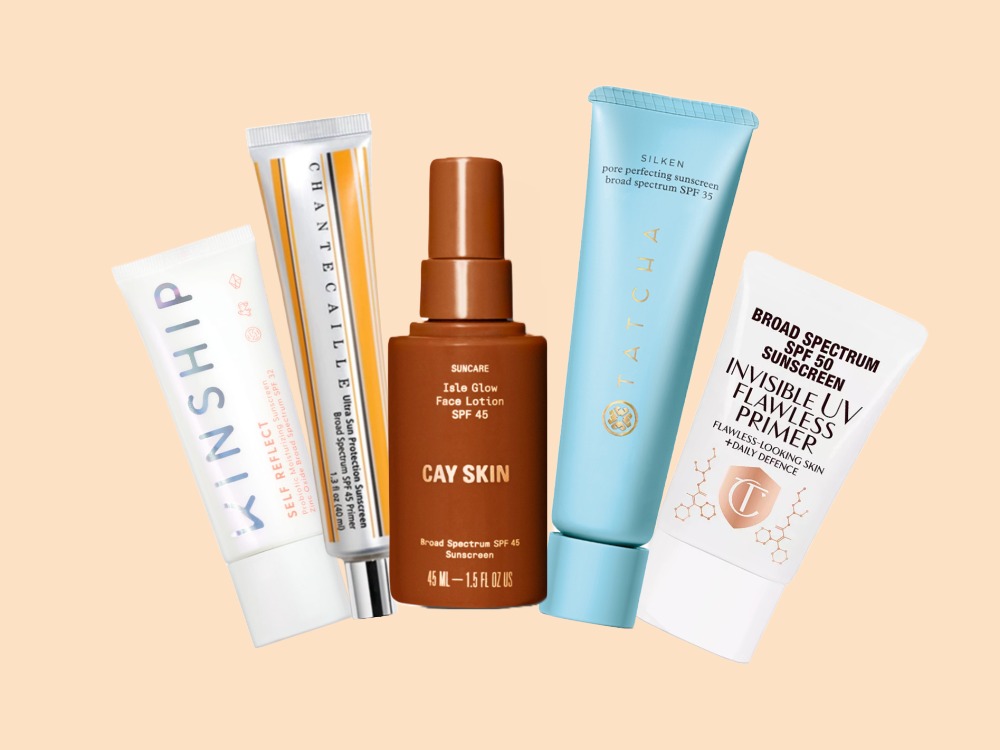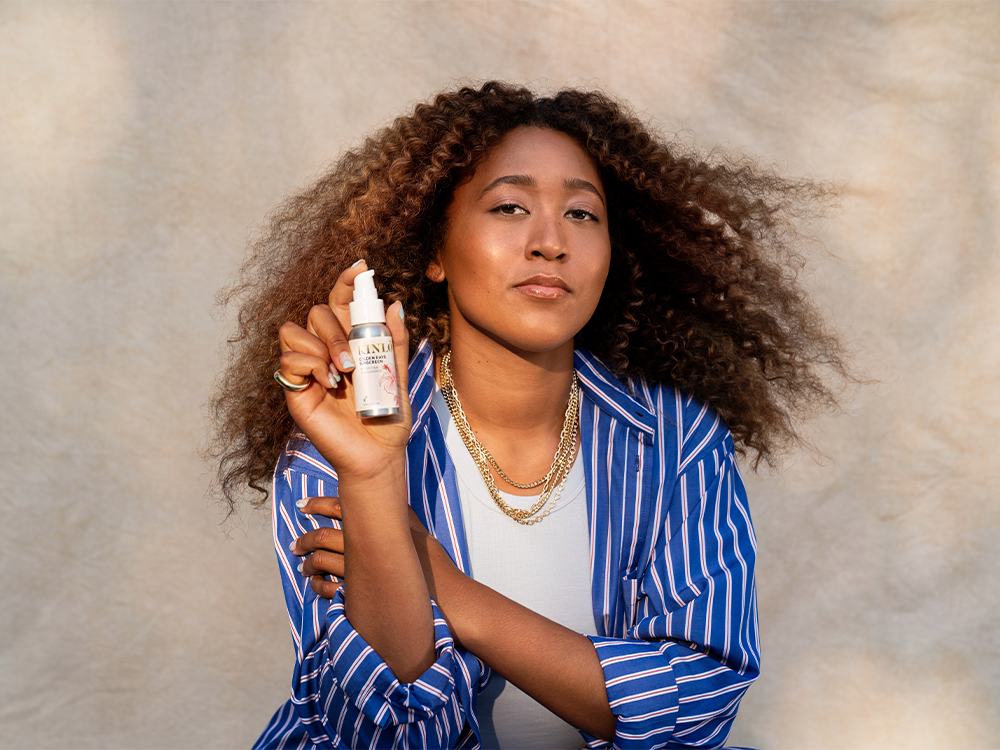Welcome to SPF School, where we are teaching you everything you need to know about sunscreen expiration.
You probably already know that sunscreen is meant to be a year-round skin accessory, but what about the bottle you leave in your beach bag or your purse? The one you left in the car last week for eight hours?
We all know sunscreen is critical not just for maintaining youthful skin, but also for preventing potentially deadly skin cancer. But there’s plenty about SPF you might not know. We spoke with dermatologists to learn exactly what happens when sunscreen is stored incorrectly, how long we should hold onto that bottle you don’t remember buying and anything else we might need to know about SPF.
When Does Sunscreen Expire?
Like a lot of things, the answer is a bit complicated.
While the FDA regulates that sunscreens need to be stable for a minimum of three years, how we store SPF and for how long can have a big impact on the lifespan of sunscreen.
According to New York dermatologist and spokesperson for The Skin Cancer Foundation, Ariel Ostad, MD, the unique formulas of each sunscreen make it difficult to really say how long each lasts. “Each sunscreen is different, so I recommend checking the expiration on the bottles,” Dr. Ostad explains. “If there is no expiration date, it’s recommended to note when you purchased it and toss it out after 3 years.”
Unlike food spoilage, it doesn’t actually matter if you’ve already opened it—sunscreen expires at the same rate. If you’ve already tossed outer packaging that might have had the expiration date on it, you can always make a quick note of the date you opened it.
New York dermatologist Marina Peredo, MD says she’s taken up dating her sunscreens. “I get a lot of samples as a dermatologist, and it can get difficult to remember when I opened something or put it into a skin-care fridge,” Dr. Peredo explains. “I’ve gotten into the habit of marking the bottle with the date I opened it, because who can actually remember when you have a lot of products!?”
SPF Stored Hot: What Happens to the Sunscreen in Your Car?
According to Cleveland, OH dermatologist Melissa Piliang, MD, there are a lot of skin-care products that become more effective or can have their shelf-life extended by storing them in a cold environment like a skin-care fridge. “Sunscreen is an exception,” Dr. Piliang says. “Those usually don’t break down from the heat, so it’s OK to carry them in your beach bag.”
While storing SPF in a hot environment temporarily isn’t going to mess with your sunscreen, anything longer than a few hours will.
“If you store sunscreen in hot places like outside or in a car, the sunscreen can expire faster than expected because the heat will cause the ingredients to break down,” Dr. Ostad explains. “The sunscreen will lose its efficacy.”
Dr. Peredo points out that storing an SPF outside can shorten its expiration date, but you should absolutely be using your entire product before three years is up. “Storing it outside is not ideal, but if you’re using your sunscreen within that season, as you should be, then it is fine,” Dr. Peredo explains. “If you forget about it and keep it there for a few seasons, then you have a problem.”
What Makes Sunscreen Less Effective?
Alongside proper storage, you also need to make sure you’re making the most out of your sunscreen application.
For example, cosmetic chemist Autumn Blum notes that spray sunscreen can be especially difficult to apply correctly. “It’s difficult to get a proper application on a windy day or moving boat because it can easily miss your skin, leaving exposed areas,” she says. “It’s difficult to discern how much sunscreen is getting on you and how much is being carried away by the wind.”
According to the FDA, you need a shot glass worth of sunscreen for your entire body, plus two fingers for the face. But you can apply more than that amount and still not get the correct protection if your skin is wet.
“If you apply sunscreen to wet skin, it will affect the absorption of the sunscreen and it will not work as well as it’s supposed to,” Dr. Ostad explains. “Sunscreen should be applied about 30 minutes before going outside in the sun or in the pool.”
When Should You Toss Your SPF?
According to Dr. Peredo, if you’re not sure of the date you purchased your sunscreen, you should go by how the product looks, feels and smells. “A big indicator is smell,” Dr. Peredo explains. “Even if the product looks okay and hasn’t broken down or separated, if it smells funny, you should go ahead and toss it. Why risk it?”
Common signs your sunscreen is expired include abnormal smells, a different color, and changes in consistency.

